Shanghai’s Haipai culture (海派文化) is a vibrant tapestry woven from China’s Jiangnan traditions, colonial legacies, and modern cosmopolitanism. Born in the late 19th century as Shanghai emerged as a global treaty port, this unique cultural identity blends elegance, innovation, and openness, making it a must-explore for travelers seeking the soul of China’s most dynamic city.
Roots of Haipai: Where Tradition Meets Modernity
Haipai (“Shanghai style”) evolved from the collision of Jiangnan culture—a refined aesthetic rooted in the Yangtze River Delta—and Western influences brought by foreign concessions. While Beijing upheld imperial traditions, Shanghai embraced practicality and experimentation, creating a culture that values commerce, art, and adaptability. Key historical catalysts include:
1.Colonial Architecture:
The Bund’s European-style buildings and Shikumen (stone-gate) houses in Xintiandi symbolize the fusion of East and West, where Gothic spires coexist with Chinese courtyards.
2.Literary Movements:
Early 20th-century writers like Lu Xun and Eileen Chang blended Chinese storytelling with Western literary techniques, establishing Shanghai as a hub for progressive thought.
Pillars of Haipai Culture
1.Culinary Innovation:
Haipai cuisine balances sweet, savory, and umami. Signature dishes like Xiao Long Bao (soup dumplings) and Sheng Jian Bao (pan-fried buns) reflect Jiangnan craftsmanship, while fusion eateries in the French Concession serve truffle-infused noodles and foie gras dumplings. Michelin-starred restaurants like Ultraviolet push boundaries with molecular gastronomy.
2.Artistic Diversity:
From the Shanghai Museum’s ancient bronzes to the Power Station of Art’s avant-garde installations, Haipai art thrives on contrasts. Traditional Kunqu opera shares stages with experimental theater at the Shanghai Grand Theatre, while M50 art district galleries showcase contemporary ink paintings.
3.Fashion and Lifestyle:
Haipai style merges qipao (cheongsam) elegance with tailored suits. Nanjing Road and Xintiandi offer luxury boutiques alongside indie designers reimagining Chinese motifs. The annual Shanghai Fashion Week highlights this synergy.
Haipai Today: A Living Legacy
Modern Haipai culture thrives in:
- Creative Hubs: Tianzifang and 1933 Slaughterhouse transformed industrial spaces into galleries and cafes, symbolizing Shanghai’s adaptive reuse ethos.
- Festivals: The Shanghai International Film Festival and Shadow Puppetry Exhibitions celebrate both global and local artistry.
- Neighborhoods: Explore Zhangyan Ancient Town for Ming-Qing architecture or Duolun Road’s literary history, where Lu Xun’s former residence stands.
Experience Haipai Culture
- Walk the Bund at sunset to see colonial buildings glow against Pudong’s skyscrapers.
- Taste time-honored flavors at Nanxiang Steamed Bun Restaurant (est. 1900) or modern twists at Fu He Hui.
- Attend a Yueju Opera adaptation of A Dream of Red Mansions for a Haipai take on classic literature.

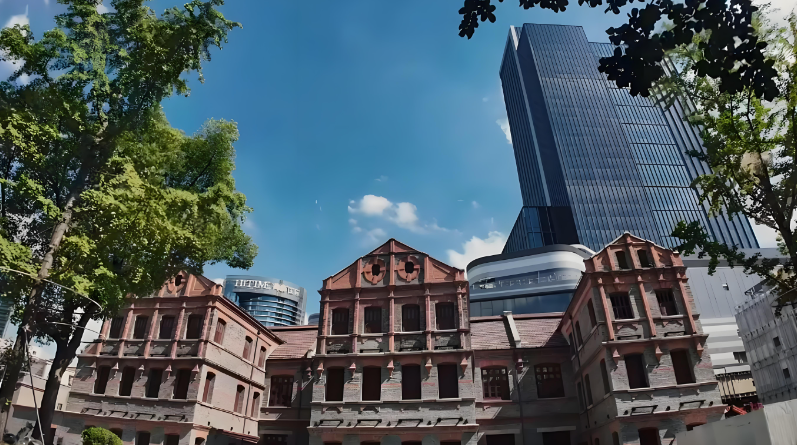
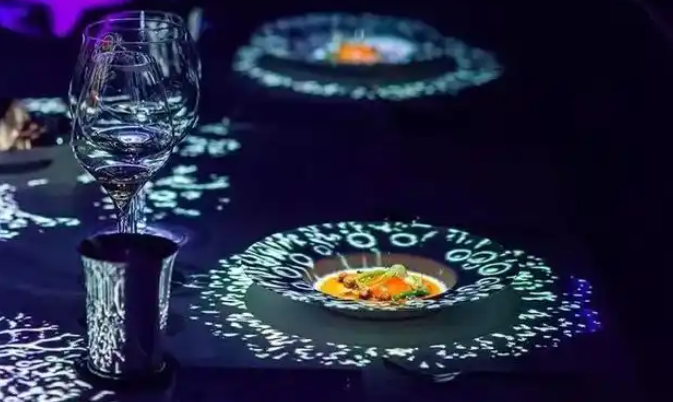
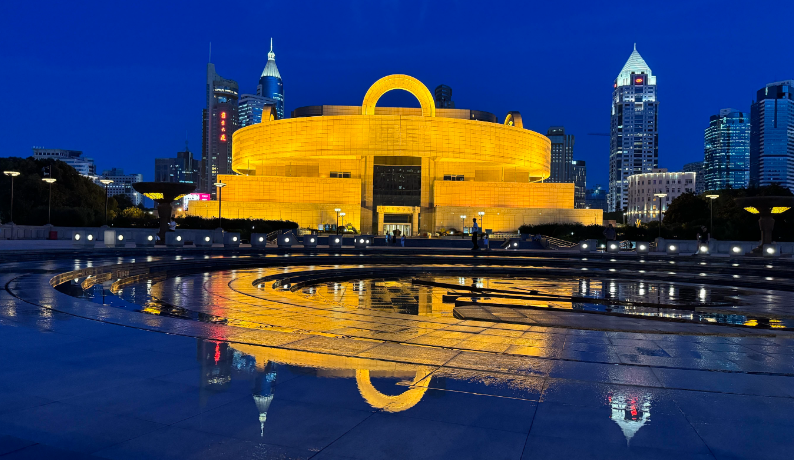
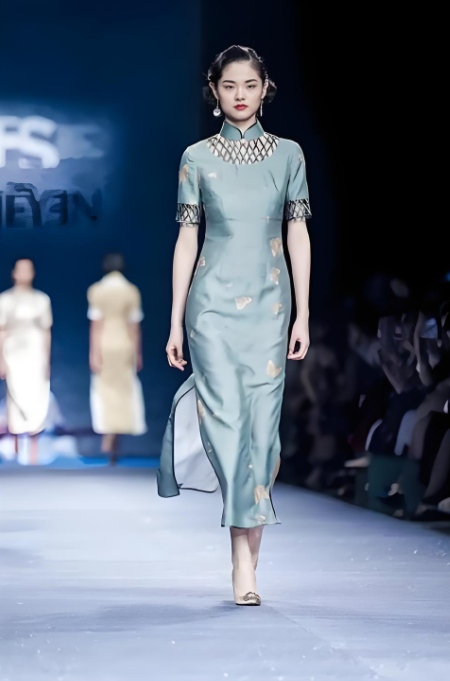
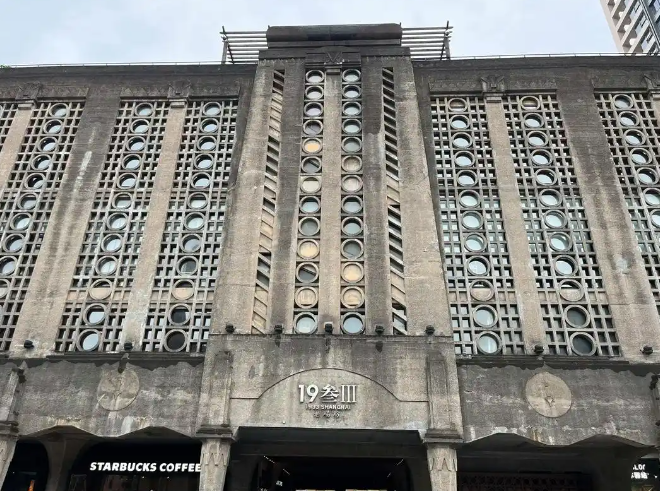
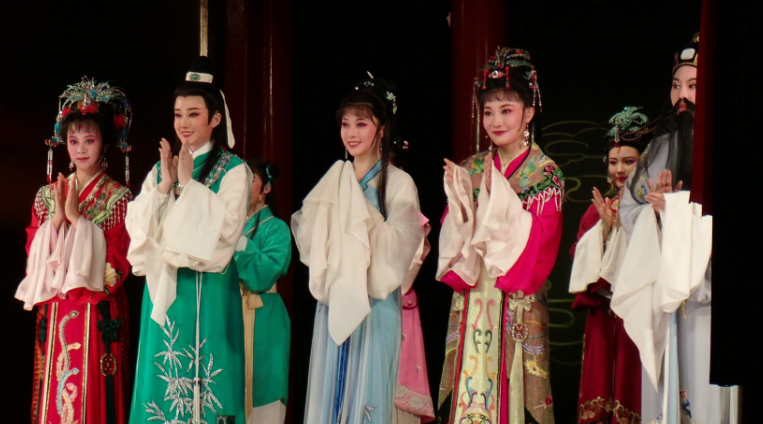













No comments yet